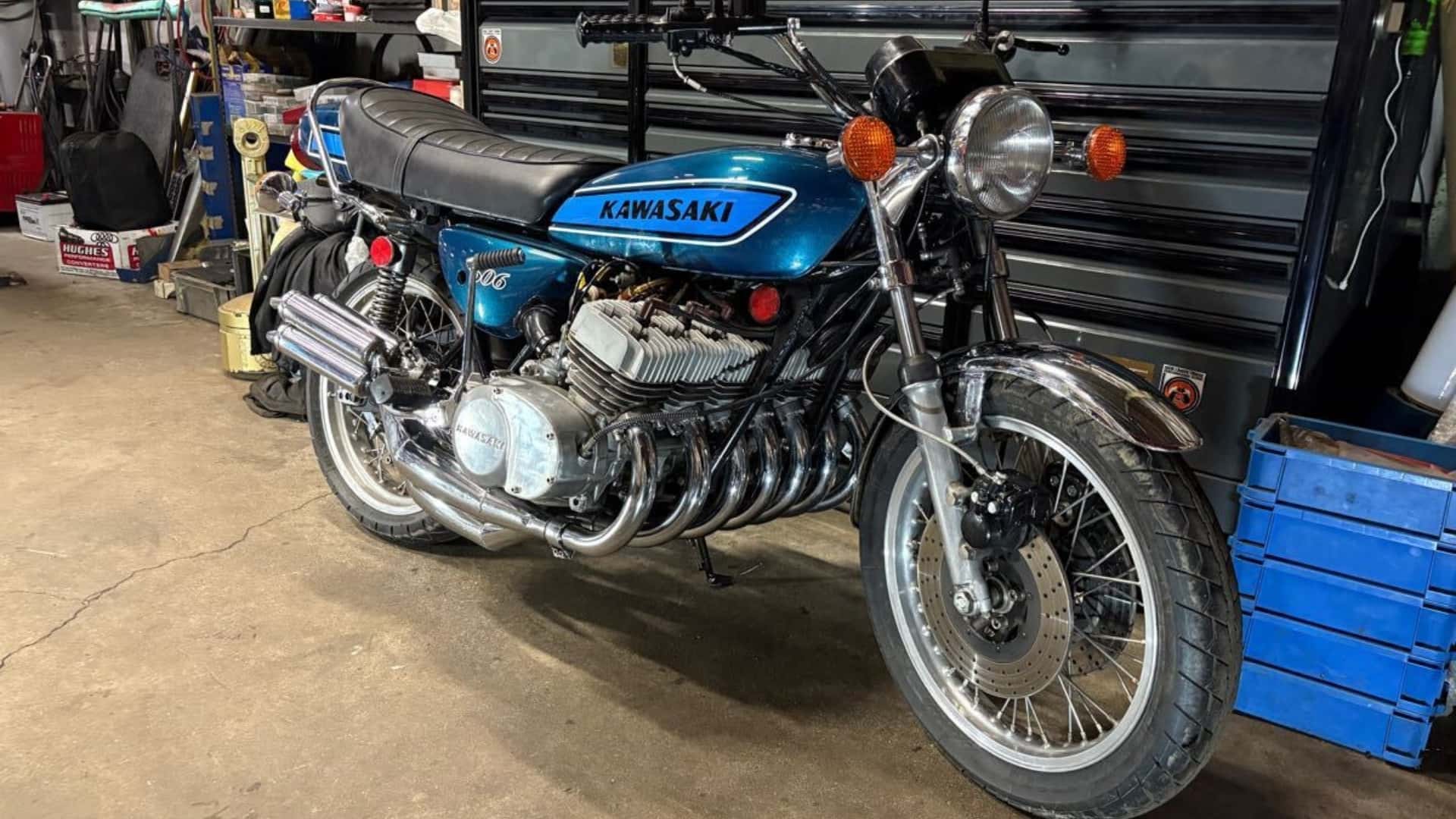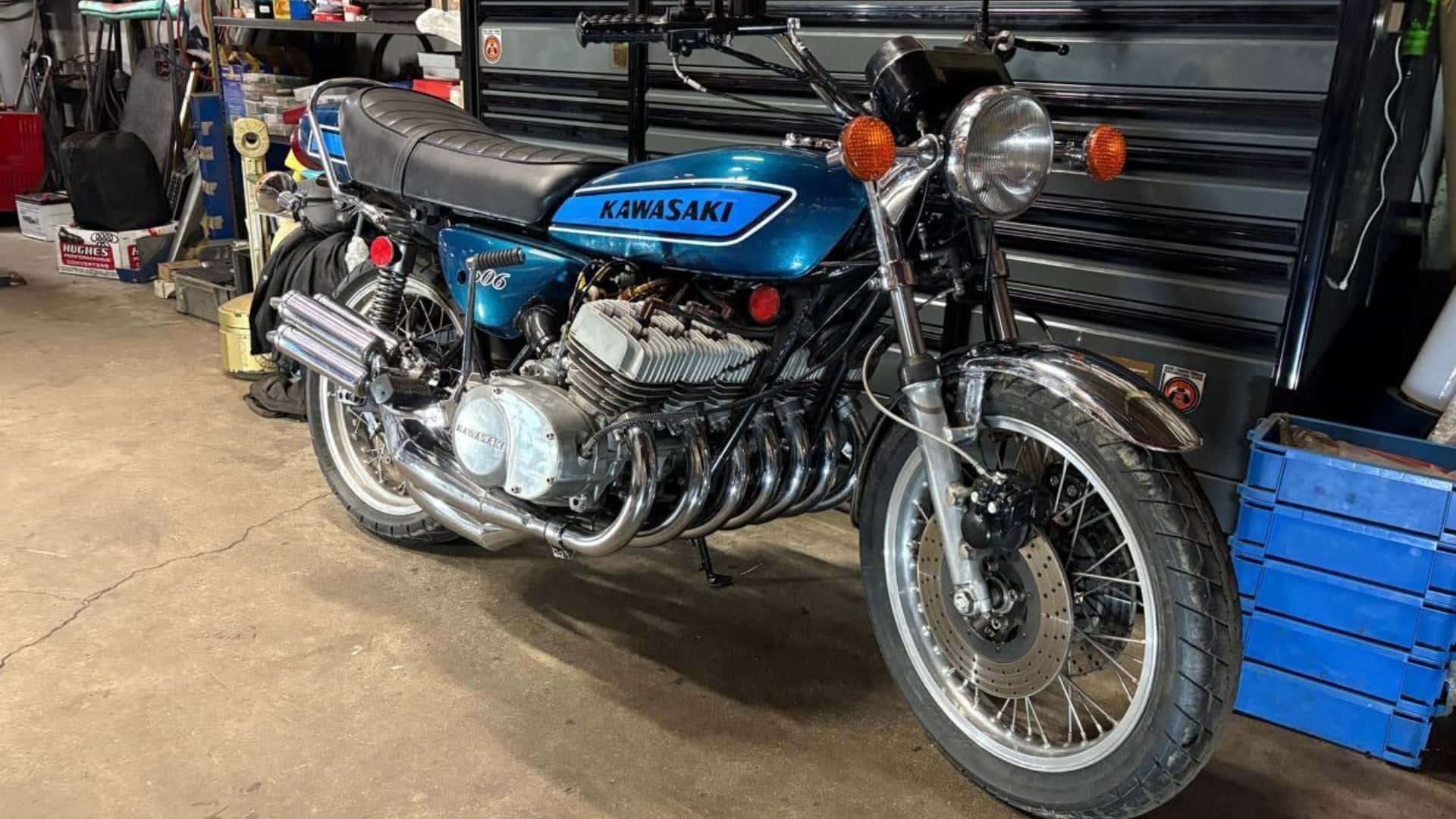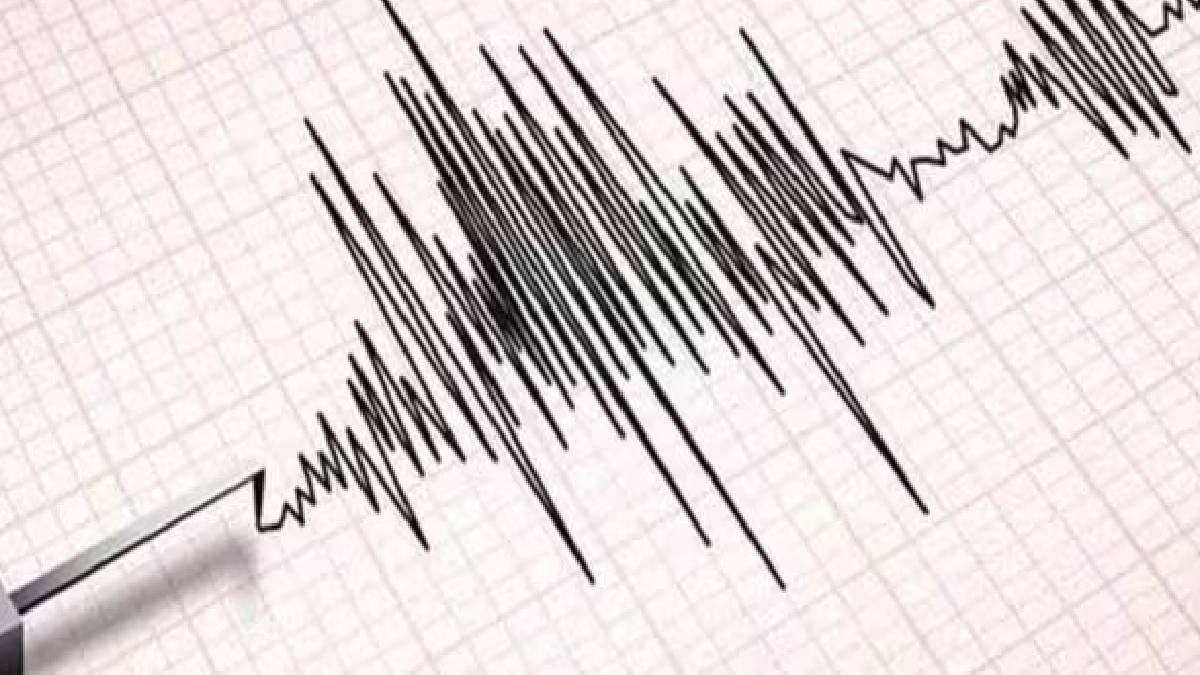Living With Chronic Venous Insufficiency: Improving Your Quality Of Life

Welcome to your ultimate source for breaking news, trending updates, and in-depth stories from around the world. Whether it's politics, technology, entertainment, sports, or lifestyle, we bring you real-time updates that keep you informed and ahead of the curve.
Our team works tirelessly to ensure you never miss a moment. From the latest developments in global events to the most talked-about topics on social media, our news platform is designed to deliver accurate and timely information, all in one place.
Stay in the know and join thousands of readers who trust us for reliable, up-to-date content. Explore our expertly curated articles and dive deeper into the stories that matter to you. Visit Best Website now and be part of the conversation. Don't miss out on the headlines that shape our world!
Table of Contents
Living with Chronic Venous Insufficiency: Improving Your Quality of Life
Chronic venous insufficiency (CVI), a condition affecting the venous system's ability to return blood to the heart, impacts millions worldwide. This often leads to uncomfortable symptoms and significantly reduces quality of life. But understanding CVI and adopting the right strategies can make a world of difference. This article explores ways to manage CVI and improve your overall well-being.
Understanding Chronic Venous Insufficiency (CVI)
CVI occurs when the valves in your leg veins malfunction, causing blood to pool and increase pressure within the veins. This pooling leads to a variety of symptoms, including:
- Leg swelling (edema): Often worse at the end of the day or after prolonged standing.
- Leg pain and aching: This pain can range from mild discomfort to severe throbbing.
- Leg heaviness: A feeling of tiredness and pressure in the legs.
- Skin changes: These can include discoloration (brownish or reddish pigmentation), skin thickening, and itching.
- Leg ulcers (venous ulcers): These are open sores that are slow to heal and are a serious complication of CVI.
Improving Your Quality of Life with CVI Management
Living with CVI doesn't mean accepting a life of discomfort. Effective management strategies can significantly improve your quality of life. These include:
1. Lifestyle Modifications:
- Elevate your legs: Raising your legs above your heart several times a day, especially after prolonged periods of standing or sitting, helps reduce swelling and improve blood flow.
- Regular exercise: Gentle exercise, such as walking, swimming, or cycling, boosts circulation and strengthens leg muscles, aiding venous return. Avoid high-impact activities that could worsen symptoms.
- Compression therapy: Wearing compression stockings or socks prescribed by your doctor is crucial. These garments help improve blood flow and reduce swelling. Learn more about choosing the right compression level [link to a reputable source on compression therapy].
- Maintain a healthy weight: Excess weight puts extra strain on your veins, worsening CVI symptoms. Weight loss can significantly improve your condition.
- Avoid prolonged standing or sitting: Take regular breaks to move around and elevate your legs.
2. Medical Treatments:
While lifestyle changes are often the first line of defense, medical interventions might be necessary in more severe cases. These may include:
- Medication: Your doctor may prescribe medications to reduce swelling and inflammation.
- Endovenous ablation: This minimally invasive procedure uses heat or laser energy to close damaged veins.
- Sclerotherapy: This involves injecting a solution into the affected veins to close them.
- Surgery: In some cases, surgery may be necessary to correct severe venous problems.
3. Skin Care for CVI:
Proper skin care is vital to prevent ulcer formation and promote healing if ulcers develop. This includes:
- Keeping the skin clean and dry: Gentle washing and moisturizing are essential.
- Avoiding harsh soaps and chemicals: These can irritate the delicate skin.
- Regularly inspecting your legs: Check for any signs of skin breakdown or infection.
4. Emotional Well-being:
Living with a chronic condition can be emotionally challenging. Don't hesitate to seek support:
- Connect with support groups: Sharing experiences with others facing similar challenges can be invaluable.
- Talk to a therapist or counselor: Professional support can help you cope with the emotional aspects of CVI.
Conclusion:
Managing Chronic Venous Insufficiency requires a proactive approach encompassing lifestyle modifications, medical treatments, and attention to emotional well-being. By implementing these strategies, you can significantly improve your quality of life and live more comfortably with CVI. Remember to consult your doctor for proper diagnosis and personalized treatment plan. Early intervention is key to preventing complications and maintaining optimal health. Don't hesitate to reach out to your healthcare provider if you suspect you have CVI or if your symptoms worsen.
Keywords: Chronic Venous Insufficiency, CVI, venous insufficiency symptoms, leg swelling, leg pain, venous ulcers, compression therapy, CVI treatment, improving quality of life, CVI management, leg health, vascular health.

Thank you for visiting our website, your trusted source for the latest updates and in-depth coverage on Living With Chronic Venous Insufficiency: Improving Your Quality Of Life. We're committed to keeping you informed with timely and accurate information to meet your curiosity and needs.
If you have any questions, suggestions, or feedback, we'd love to hear from you. Your insights are valuable to us and help us improve to serve you better. Feel free to reach out through our contact page.
Don't forget to bookmark our website and check back regularly for the latest headlines and trending topics. See you next time, and thank you for being part of our growing community!
Featured Posts
-
 For Sale Rare 7 Cylinder Two Stroke Kawasaki Custom Bike
Jul 19, 2025
For Sale Rare 7 Cylinder Two Stroke Kawasaki Custom Bike
Jul 19, 2025 -
 Expert Weighs In Addressing Misconceptions About Dreamliner Pilots Photo
Jul 19, 2025
Expert Weighs In Addressing Misconceptions About Dreamliner Pilots Photo
Jul 19, 2025 -
 Trump Faces Pressure To Release More Epstein Documents
Jul 19, 2025
Trump Faces Pressure To Release More Epstein Documents
Jul 19, 2025 -
 Find Your Next Dream Ride 7 Cylinder Two Stroke Kawasaki Custom For Sale
Jul 19, 2025
Find Your Next Dream Ride 7 Cylinder Two Stroke Kawasaki Custom For Sale
Jul 19, 2025 -
 Chris Martin Faces Backlash Online Dispute Following Public Statements
Jul 19, 2025
Chris Martin Faces Backlash Online Dispute Following Public Statements
Jul 19, 2025
Latest Posts
-
 Worlds 2025 G2 Vs T1 A Third Place Showdown To Remember
Jul 20, 2025
Worlds 2025 G2 Vs T1 A Third Place Showdown To Remember
Jul 20, 2025 -
 Northern Iran Shaken By 5 2 Magnitude Earthquake
Jul 20, 2025
Northern Iran Shaken By 5 2 Magnitude Earthquake
Jul 20, 2025 -
 Uk Faces Flash Flood Risk Met Office Issues Amber Warning For Thunderstorms
Jul 20, 2025
Uk Faces Flash Flood Risk Met Office Issues Amber Warning For Thunderstorms
Jul 20, 2025 -
 Inside The Family Drug Business Run By Gangsta Debbs
Jul 20, 2025
Inside The Family Drug Business Run By Gangsta Debbs
Jul 20, 2025 -
 Desmentido Filha De Barroso Mora No Brasil E Nao Sera Deportado Dos Eua
Jul 20, 2025
Desmentido Filha De Barroso Mora No Brasil E Nao Sera Deportado Dos Eua
Jul 20, 2025
